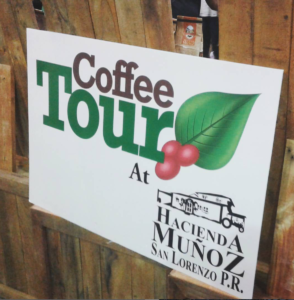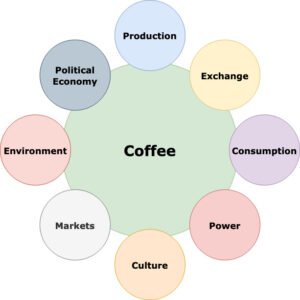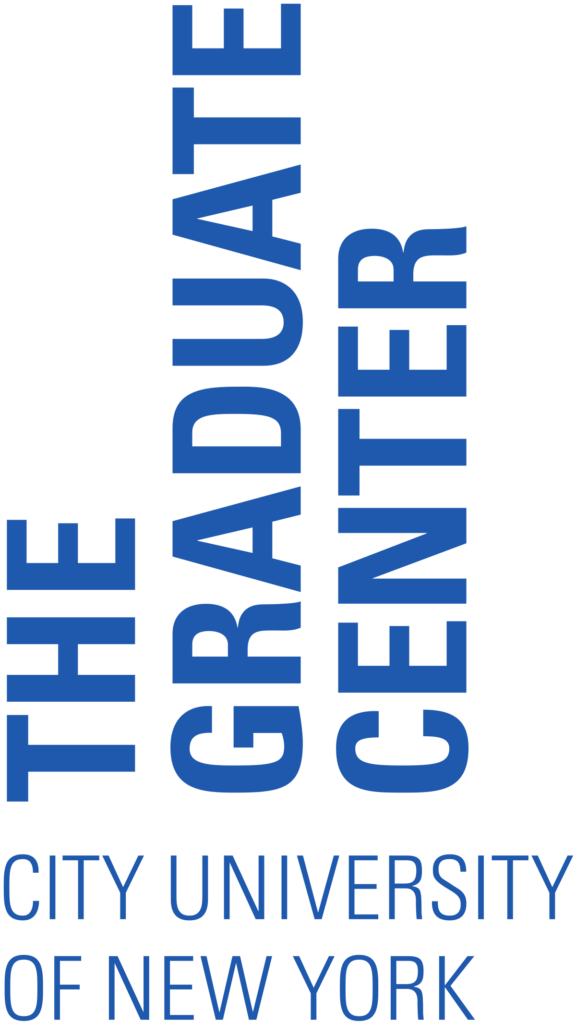Home » Articles posted by Joseph A. Torres-González
Author Archives: Joseph A. Torres-González
Learning Objectives – Introduction
Lesson Plan
Culture, Consumption, and Anthropology
Learning Objectives:
- Identify the major elements of economic anthropology (production, exchange, and consumption) and their relationship to major food products (such as coffee)
- Explain the relationship between power, social class, gender, and ethnicity via the study of economic anthropology.
- Analyze the relationship between culture and economics using the case of coffee production, exchange, and consumption in a global context.
- Contrast the cultural practices of coffee using audiovisual resources – documentaries – to critique inequality, and social stratification, using the political economy theoretical lens.

Coffee Tour Advertising
Image by Joseph Torres-González;
Photo taken at the Puerto Rico Chocolate & Coffee Expo (2016)
Hacienda Muñoz, San Lorenzo
Introduction to Culture, Consumption, and Political Economy
Economics are embedded in everyday life, ranging from the decisions we make regarding the means of transportation we take to our jobs – the subway, the bus, Uber, bicycle- to choices we make when shopping for food in our local supermarkets. These choices and preferences didn’t happen in a vacuum – they are shaped by culture. Economic Anthropology is a sub-field within anthropology that studies human economic behavior, along with the different processes involved in the economic sphere; in other words, economic anthropology focuses largely on the process of exchange (trade), while in contrast Political Economy (a theoretical approach that addresses questions of history, colonialism, and power) is an additional lens within economic anthropology that allows us to expand our analysis to include issues of social inequality, stratification, and power.
For this lesson, this short module will introduce students to the major concepts of economic anthropology and political economy, along with fostering a discussion on the major intellectual trajectories of the theories, and how they are useful to understand economic processes and change. After the introduction to the major theories and context of the subfields, students will watch two documentaries: “Connected by Coffee” (2014) and “Coffee for All” (2017). These two documentaries provide historical context to the markets, production, and consumption of the drink in Latin America, the United States and Europe (Italy). They illuminate and highlight the lives of the people that make the drink possible – coffee farmers in Guatemala (women owners of coffee cooperatives in Latin America), baristas in Italy, trade processes worldwide, and the changes that agriculture is experiencing in Latin America due to climate change and its consequences.

The Political Economy of Coffee
Graph by Joseph Torres-González (2020)
Created using Diagrams.net



